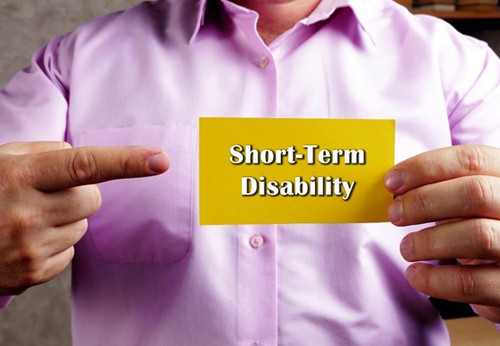Navigating Short-Term Disability And ERISA

- The duration and coverage of short-term disability plans.
- ERISA eligibility and common reasons for short-term disability claim denials.
- Steps to take when your short-term disability claim is denied and the role of an attorney in an ERISA appeal.
How Long Is Short-Term Disability?
The maximum benefit period for short-term disability depends on your benefit plan. Short-term disability can be as brief as 11 weeks or last up to 52 weeks. However, most plans offer a duration of 180 days or six months.
What Illnesses And Injuries Are Covered?
All illnesses and injuries are covered under short-term disability benefits unless specifically excluded by the plan.
Could A Short-Term Disability Plan Be Exempt From ERISA?
Indeed, there are benefit plans considered as payroll practices that may not fall under ERISA, particularly if they are not part of a welfare benefit plan.
Who Is Eligible For Short-Term Disability Under ERISA?
Each plan has its own eligibility requirements. For example, some plans may only include employees living and working in the United States. However, no specific or generalized eligibility requirement exists, as it varies based on the plan.
What Is A Short-Term Disability Denial?
A denial refers to a refusal of benefits or a failure to timely decide a claim for benefits that is deemed a denial by operation of law.
What Are The Most Common Reasons Insurance Companies Give For Denying Short-Term Disability Under ERISA?
One of the most common reasons for denial is the failure to meet the definition of disability under the plan. Each plan defines what is considered a disability, which is often the primary reason for denial.
What Should I Do If My Short-Term Disability Claim Is Denied?
Don’t panic – if your disability claim is denied, just request your disability policy and claim file, and schedule a consultation with an attorney well-versed in ERISA. You have 180 days to appeal the denial, but do not rush to appeal until you have gathered your plan documents and consulted with an attorney. By obtaining these documents and going over them with an expert, you can determine how best to move forward.
What Is An Attorney’s Role In An ERISA Appeal For A Short-Term Disability?
An attorney can help by obtaining and analyzing your policy and claim file, identifying the legal justification for the denial, assisting in obtaining evidence to rebut the denial, preparing and submitting your appeal, and responding to the insurance company’s pay review physician’s report.
Do I Sue My Employer If My Short-Term Disability Claim Is Denied?
Whether you should sue your employer depends on if your short-term disability plan is self-insured (payment of benefits comes from your employer’s assets) or fully insured (funds come from the insurance company’s pocket). If the payment comes from your employer, they are the proper party to sue. However, if your short-term disability plan is a fully insured plan, the proper party to sue is the insurance company.
For more information on Filing An ERISA Claim While Employed In FL, a free initial consultation is your next best step. Get the information and legal answers you are seeking by calling (352) 577-7746 today.

Call For A Free Consultation
(352) 577-7746
